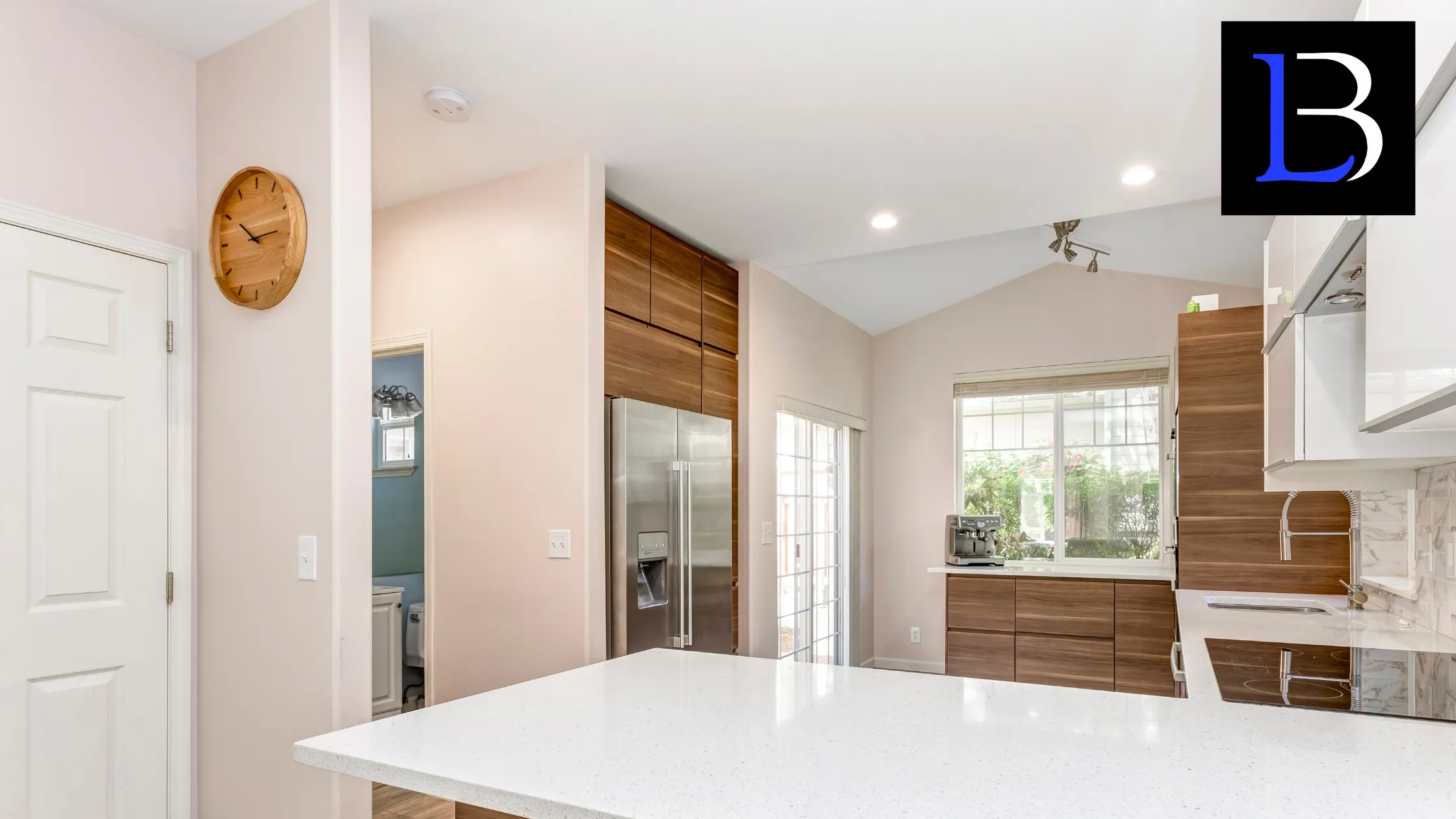Loft Conversions vs. Home Extensions: Which Adds More Value?

If you're looking to create more space in your home, you've likely considered either a loft conversion or a home extension. Both are popular choices for homeowners wanting to expand without the hassle of moving. However, when it comes to adding value to your property, which option gives you the best return on investment? In this guide, we’ll compare the two to help you decide which is the best choice for your home.
1. What Is a Loft Conversion?
A loft conversion involves transforming unused attic space into a functional room, such as an additional bedroom, home office, or playroom. Loft conversions are particularly popular in homes where the attic is large enough to be converted without significant structural changes.
Pros of Loft Conversions
- Cost-effective: Generally cheaper than building a full extension, as you’re working within the existing structure.
- Minimal disruption: Since most of the work takes place in the loft, it’s less intrusive to daily life than an extension.
- No loss of garden space: You’re using space you already have, so your garden or driveway remains untouched.
- Planning permission often not required: Loft conversions typically fall under permitted development rights, making the approval process simpler.
Cons of Loft Conversions
- Limited by roof height: If your attic space has low ceilings, a loft conversion might not be feasible without costly roof alterations.
- Less flexibility: You’re confined to the existing footprint and roof structure, which can limit design options.
- Not suitable for all homes: If you don’t have adequate attic space, a loft conversion may not be possible.
2. What Is a Home Extension?
A home extension involves adding extra space to your house by building outwards or upwards. This could be a single-storey rear extension, a double-storey addition, or a side extension.
Pros of Home Extensions
- Increased flexibility: You can design the space to suit your exact needs, whether it's an open-plan kitchen, additional living room, or larger bedroom.
- Adds significant square footage: Extensions can add considerable living space, particularly if you build a two-storey addition.
- More design freedom: With a home extension, you’re not limited by existing structures, allowing for more creative architectural choices.
Cons of Home Extensions
- Higher cost: Extensions tend to be more expensive than loft conversions, with costs ranging from £1,800 to £3,000 per square metre, depending on the complexity.
- Planning permission: Larger extensions may require planning permission, which can add time and expense to the project.
- Loss of outdoor space: A rear or side extension will reduce the size of your garden or driveway, which could impact future buyers.
3. Which Adds More Value to Your Home?
Return on Investment: Loft Conversion
Loft conversions are known for offering a good return on investment, especially if you add an extra bedroom and bathroom. According to property experts, a well-executed loft conversion can increase the value of your home by up to 20%, depending on your location and the quality of the work. For instance:
- A three-bedroom house converted into a four-bedroom property is highly attractive to buyers, particularly in areas with growing families.
- The average cost of a loft conversion ranges between £25,000 and £50,000, making it a relatively affordable option for adding value.
Return on Investment: Home Extension
A home extension can also significantly boost the value of your home, especially if it adds versatile, open-plan living spaces. In some cases, a well-planned extension can increase your property’s value by up to 25%. Larger homes with extra space for kitchens, dining areas, or additional bedrooms appeal to a wide range of buyers.
- A single-storey extension typically costs between £30,000 and £60,000, while a two-storey addition can range from £60,000 to £100,000+.
- Extensions that create open-plan kitchens or additional living areas are especially popular in today's housing market.
4. Factors to Consider Before Deciding
a) Your Budget
Loft conversions tend to be cheaper than home extensions, making them an appealing option if you’re working with a tighter budget. However, if you need significant additional space, an extension might be worth the higher upfront cost.
b) The Space You Need
A loft conversion is ideal if you only need one extra room, such as a bedroom or office. But if you’re looking for more living space, such as a larger kitchen or extra bathrooms, an extension might be the better option.
c) Planning Permission
If avoiding lengthy planning permission processes is important to you, a loft conversion might be the easier choice. Most loft conversions fall under permitted development, while larger home extensions often require formal approval.
d) Impact on Your Garden
A key difference between these two options is their impact on outdoor space. A home extension will reduce your garden size, which could be a dealbreaker for some homeowners. Loft conversions, on the other hand, don’t encroach on your outdoor areas at all.
e) Long-Term Plans
Consider how long you plan to stay in your home. If you’re planning to sell in the near future, think about which option will appeal most to future buyers in your area. For instance, families might prefer a larger living area or kitchen extension, while young professionals may favour an extra bedroom.
5. Which Is Right for Your Home?
The decision between a loft conversion and a home extension ultimately depends on your specific needs, budget, and the current layout of your home. Here’s a quick summary to help you decide:
- Opt for a Loft Conversion if:
- You need one or two extra rooms, like a bedroom or office.
- You’re working with a limited budget and want a cost-effective solution.
- You don’t want to sacrifice any garden space.
- Your attic has enough headroom for a comfortable living area.
- Opt for a Home Extension if:
- You need significantly more living space, such as a larger kitchen or extra bathrooms.
- You have a larger budget and want the flexibility to design a new area from scratch.
- You’re willing to go through the planning permission process if necessary.
- You have enough garden or driveway space to accommodate the extension without compromising too much on outdoor living.
Final Thoughts
Both loft conversions and home extensions offer great opportunities to add space and value to your home. A loft conversion may be more affordable and less disruptive, making it ideal for homes with limited budgets or where garden space is a priority. On the other hand, a home extension can dramatically increase your living area and offers more design flexibility, but comes with higher costs and potential loss of outdoor space.
To make the best choice, consider your family’s current and future needs, your budget, and the potential resale value. Whether you go for a loft conversion or an extension, both can significantly improve your home’s functionality and appeal.
